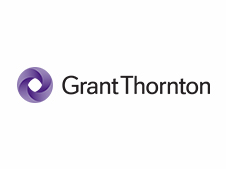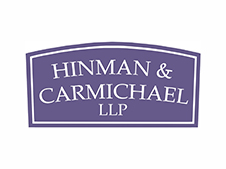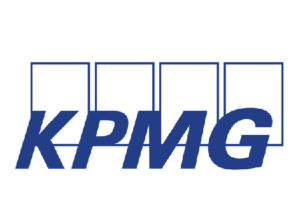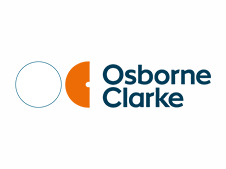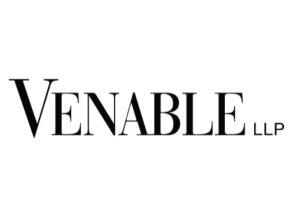When setting your New Year’s resolutions this year, besides a commitment to exercise more, will you include any resolutions to improve your financial health? If not, it’s never too late to consider some or all of our recommendations to keep your financial wellbeing on track in 2020.
Resolution 1: Review your Estate Plan
Less than half of people in the United States actually have any estate planning documents in place and many of those people may have outdated documents. Review your estate planning documents such as wills, trusts, medical directives and powers of attorney to ensure you have what you need in place, they are up-to-date and comply with the laws of the state where you live. Also, separately ensure the beneficiary information is up to date on your accounts (like IRAs and UK pensions) irrespective of what is specified in your will. If you do not have a will or estate plan yet, speak to an estate planning lawyer as soon as you can to determine what steps need to be taken.
Resolution 2: Check your Insurance Cover
When did you last consider your insurance needs and determine whether they were adequately covered? Unexpected incidents like death, illness, disability, job loss, a car accident or natural disaster can significantly impact you and your family’s financial wellbeing. Insurance helps to protect against these unforeseen events which can be expensive to manage on your own. When reviewing your insurance, consider whether the deductibles and level of cover are still right for you. Also consider whether you have all of the types of insurance that you need, particularly if your circumstances have changed over time.
Resolution 3: Monitor your Credit Score
Do you know what your credit score is? A credit score helps lenders determine how likely you are to pay back a loan or credit card. Having a healthy credit score is vital when applying for a mortgage, car loan or credit card. Keeping your credit score under regular review is therefore of key importance. Even if you have a high credit score, the recent Equifax information leak is a good reason to ensure you review your credit score regularly. Many credit card companies enable you to check your FICO score for free at any time. In addition, sites like Credit Karma allow you to check your credit scores for free whenever you would like.
Resolution 5: Have a Plan for Retirement
If you have not yet retired, no matter what age you are, it is never too early to start to formulate retirement goals and aspirations. Consider what retirement ideally looks like for you, what age you would like to retire, would you stop working completely or work part-time, where you would you like to live and what would make you happiest?
Once you have an idea of your retirement goals, consider what level of income you would need to realistically meet these goals. Remember that your income requirements may change over time depending upon your lifestyle, health and life stage.
Next, consider how you will meet these income requirements and whether you are currently on track to do so. If not, consider whether you would be able to retire later and/or save more, for example by contributing more to an employer’s US retirement plan, IRA or Roth IRA as applicable.
Don’t forget to factor in any UK State Pension or US Social Security that you may be eligible for. You can obtain forecasts for the UK State Pension by going to https://www.gov.uk/check-state-pension. For the US, you can also create your own personal “My Social Security Account” to receive personalized estimates of future benefits based on your real earnings. Go to https://www.ssa.gov/myaccount/
If you would like to learn how your UK pension could fit within your retirement strategy, contact Florin Pensions to discuss further.
Resolution 6: Take Care of Important Documents
Once you have checked off resolutions 1 – 5 above, make sure that important documents like estate planning documents, insurance certificates, pension and investment account details, birth and marriage certificates, passports etc. are kept in a safe place like a fireproof safe or safety deposit box. If you are tech savy, consider saving copies of documentation on a secure drive or online storage for ease of access in an emergency. Share the location of this documentation with a trusted family member or friend.




























